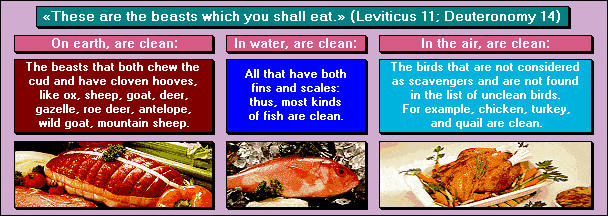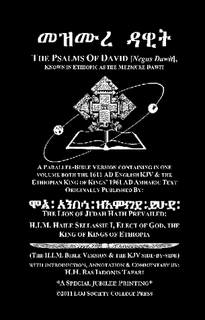Do unto others as you would have them do unto you
The biblical parallel to “Do unto others as you would have them do unto you” is found in the following verse: Therefore all things whatsoever ye would that men should do to you, do ye even so to them (Matthew 7:12; cf. Luke 6:31). The phrase, “love thy neighbor as thyself,” also bears a close relation to the saying and is found throughout Scripture (Leviticus 19:18; Matthew 5:43; 19:19; 22:39; Mark 12:31; Romans 13:9; Galatians 5:14; James 2:8; Luke 10:27). James even refers to “love thy neighbor as thyself” as being “the royal law” because it is the embodiment of all the laws dealing with human relationships.
While many will happily point out that the New International Version translates the Lucan passage as “Do to others as you would have them do to you”—which is nearly identical to the standard, Do unto others as you would have them do unto you. However, as close as this phrasing is, we cannot point to the NIV for the phrase’s origin. The NIV was first published in 1973, well after the phrase came to popularity. Further, as the NIV is founded on a translation framework known as dynamic equivalancy (in which passages are translated in a so-called thought-for-thought manner rather than by a more literal guideline), it seems apparent that they translated the passage in order to reflect the well-known phrase.
Further research indicates that the phrase’s earliest known origin comes from a Roman Catholic catechism from 1583 (which reprints an earlier of the same from 1567). The particulars of the phrase may in fact date further back even than this, as the idea of an ethic of reciprocity has been common throughout the world even into ancient histories (we find evidence even in the ancient Greeks).
So, in the end, while the saying does not appear in its common form in any of the more literal translations of Scripture, its sentiment is certainly biblical.
Sayings
- Moderation in all things.
- Once saved, always saved.
- Better to cast your seed…
- Spare the rod, spoil the child.
- To thine ownself be true.
- Do unto others as you would have them do unto you.
- God helps those who help themselves.
- Money is the root of all evil.
- Cleanliness is next to godliness.
- This too shall pass.
- God works in mysterious ways.
- The eye is the window to the soul.
- The lion shall lay down with the lamb.
- Pride comes before the fall.









































































































